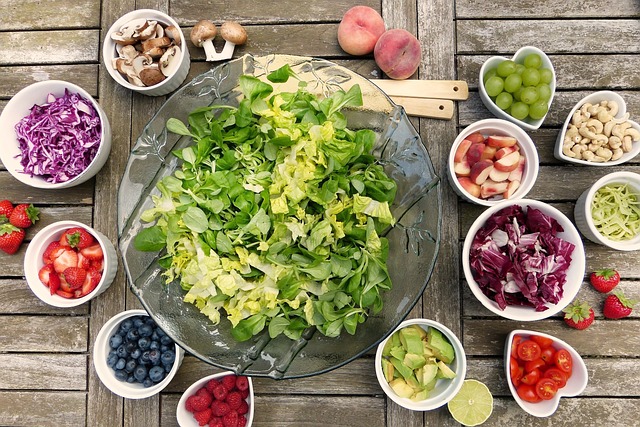Renewing from Within: Anti-aging Secrets of Probiotics
Probiotics have gained significant attention in recent years due to their potential health benefits. These live bacteria and yeasts are known to promote a healthy gut, improve digestion, boost the immune system, and now, even contribute to anti-aging.
The Link Between Gut Health and Aging
Did you know that your gut health plays a significant role in the aging process? As we age, the diversity and quantity of beneficial bacteria in our gut naturally decrease, leading to imbalances and potential health issues. This imbalance, known as dysbiosis, can result in inflammation, weakened immune function, and even accelerate aging.
Thankfully, this is where probiotics come to the rescue. Probiotics work by replenishing and supporting the growth of beneficial bacteria in our gut, restoring balance and optimizing our overall health.
Probiotics and Skin Health
When it comes to anti-aging, our skin is often the first area that shows visible signs of aging, such as wrinkles, dryness, and loss of elasticity. Studies have shown that probiotics can have a significant impact on our skin’s health and appearance.
Probiotics help strengthen the skin’s natural barrier function, improving its ability to retain moisture and defend against harmful environmental factors. This can result in enhanced hydration, a more even complexion, and a reduction in the appearance of fine lines and wrinkles.
Additionally, probiotics have been found to have anti-inflammatory properties, which can help calm skin conditions such as acne, eczema, and rosacea. By reducing inflammation and promoting a healthier microbial balance in the skin, probiotics contribute to a more youthful and radiant complexion.
The Science Behind Probiotic Anti-Aging Benefits
So, how exactly do probiotics promote anti-aging? Research suggests that their beneficial effects stem from various mechanisms, including:
- Antioxidant Activity: Probiotics help neutralize harmful free radicals in the body, reducing oxidative stress and preventing cellular damage.
- Collagen Production: Certain strains of probiotics stimulate the production of collagen, a protein responsible for maintaining the skin’s structure and elasticity.
- Immune Regulation: By modulating the immune system, probiotics help reduce chronic inflammation, a major contributor to aging.
- Vitamin Synthesis: Some probiotic strains produce vitamins, such as vitamin B and vitamin K, which are essential for maintaining healthy skin.
Incorporating Probiotics into Your Anti-Aging Routine
Now that you understand the anti-aging benefits of probiotics, here are a few simple ways to incorporate them into your daily routine:
- Consume Probiotic-Rich Foods: Include fermented foods like yogurt, sauerkraut, kimchi, and kefir in your diet. These foods naturally contain probiotics that can support your gut and skin health.
- Take Probiotic Supplements: If you don’t consume enough probiotic-rich foods, consider taking a high-quality probiotic supplement. Look for a supplement with a variety of strains, including Lactobacillus and Bifidobacterium.
- Use Probiotic Skincare Products: Look for skincare products that include probiotics or prebiotics as ingredients. These products can help optimize your skin’s microbiome and provide targeted benefits for aging skin.
Remember, consistency is key when it comes to reaping the benefits of probiotics for anti-aging. Give your body time to adjust and start experiencing the positive effects of these beneficial bacteria.
Final Thoughts
Probiotics have demonstrated their potential as a valuable tool in the fight against aging. By supporting gut health, improving skin function, and promoting overall well-being, these friendly bacteria have carved a prominent place in the realm of anti-aging secrets.
So, whether you choose to consume probiotic-rich foods, take supplements, or incorporate







